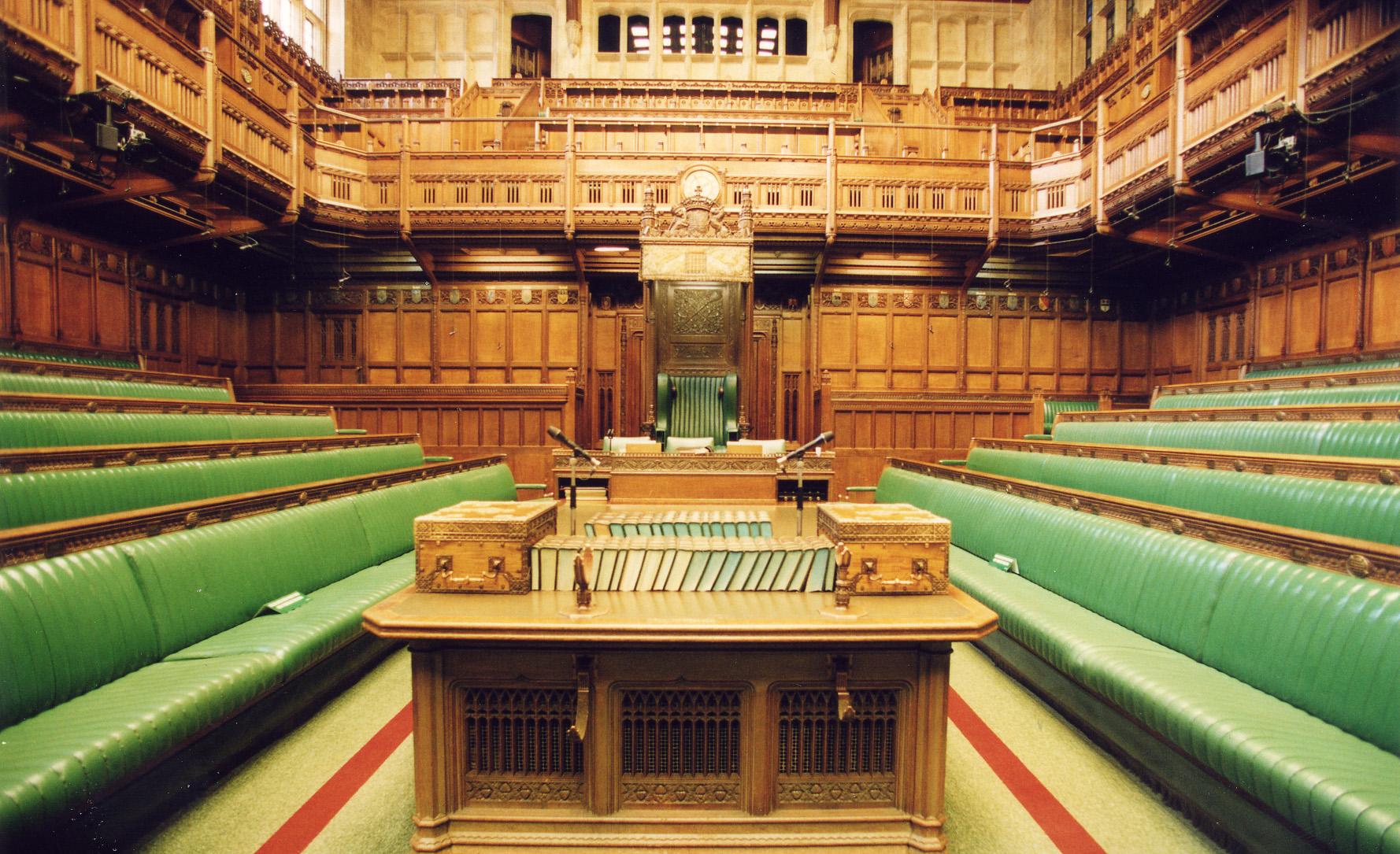Approximately 18.5 million people did not exercise their right to vote at the 2019 general election – nearly six times the population of Wales. The vast amount of data collected at elections must be made more accessible to the people and organisations working to better understand and address this issue, argue Toby James and Paul Bernal.
We do not know when the next general election will be, but once an election is called, a major mobilisation effort will be needed to engage the millions of people who do not vote. There are many reasons why people do not vote and many strategies for increasing turnout. But one which has been widely overlooked has been the mobilising power of electoral data – a vital tool which can be used by citizens, civil society groups and parties to reach under-participating groups.
Elections generate huge amounts of electoral data. Exit polls and results announcements on election night lend themselves to results predictions, swingometers (or, these days, “multi-level regression and post-stratification”) and plenty of other election-geekery. But this is just the tip of the iceberg. Election data also includes data on voter registrations, polling stations, postal votes, social media adverts, campaign expenditure, voting records, cases of fraud, complaints, boundaries, the socio-demographic characteristics of candidates, electoral registers, voting records, complaints made and more. As we set out in a new report, The UK’s Electoral Data Democratic Deficit, funded by the UK Democracy Fund, all of this data helps us understand what’s going on in elections and is critical if we are going to make our democracy work for everyone.

Victorian data infrastructure
There is a rich patchwork of civil society organisations who are trying to boost turnout in elections, but they are inhibited by the format of, and access to, electoral data.
The Politics Project works with schools and colleges to promote voter registration among young people, who are commonly the least registered demographic in the UK. One aspect of their work is to lead collaborative efforts to build and assemble resources that teachers can use in schools and colleges. However, identifying “what works” in promoting voter registration is made enormously difficult by the lack of easily accessible data tools to target their work to lower participation areas where students were less likely to be registered. Where action was taken in schools, it was also difficult to identify whether students subsequently registered. Instead, there was a reliance on students and teachers completing additional surveys which was “incredibly onerous and more work than registering young people to vote”, Hattie Andrews, the director of The Politics Project told us. Other civil society groups have tried to use “marked registers” to work out who is not voting – so that they can target their activities. When voters arrive at polling stations, they have their names checked and ticked off against the electoral register for that polling station. This record is kept in hard copy form by the local officials in their archives. It is consulted by many political parties, who send volunteers in to collect the data, and is then compiled into their party databases to develop electoral campaigns. But for charity groups, wading through thousands of names is simply too onerous. “We don’t have the capacity, as a small non-profit, to go through 70,000 names and mark them off our spreadsheets,” one group told us.
For charity groups, wading through thousands of names is simply too onerous.
Academic research projects have also come unstuck while seeking to establish “what works” in promoting participation and registration. Random control trials using social media advertisements have been planned, but research assistants had to travel across the isles, visiting local council offices, to gather the necessary volume of data to test hypotheses. It was prohibitively expensive.
The UK’s electoral data democratic deficit
Problems with archaic marked registers are just the tip of the iceberg, however. Essential election data services for citizens and other stakeholders are either not available or are being provided by civil society groups on a shoestring budget.
Local government plays a vitally important role in delivering public services, raising tax revenue and managing their communities. But there is no central website containing all local election results. They are instead dispersed across hundreds of websites, which are of a mixed quality when it comes to providing historic results. Elections remain locally run – with legal responsibility for running elections lying with the Returning Officer and Electoral Registration Officer. But only 2.7 per cent of local websites list the name of the Electoral Registration Officer and 8.6 percent list the Returning Officer, our analysis found. Meanwhile, only 57 per cent of local websites provide information on where polling stations are. The most used national website is provided by a charity, Democracy Club (WhereDoIVote), rather than a public organisation.
Rather than allowing candidates to enter their applications online, there remains a largely paper-based system. Information about candidates is displayed in traditional locations such as libraries and on public notice boards. There is no central website listing all candidates (except one, also provided by a charity). Journalists are therefore left to gather names from local websites if they wish to include them in the local press. “I think a central database sounds like a great idea… Anything to make it easier for people to find out who their candidates are sounds like a big help for democracy,” a regional democracy journalist told us.
A vision of electoral modernisation
All of this can be fixed. There is huge potential for electoral data to be used to both improve voter experience and increase participation. As an immediate step, Returning Officers could facilitate digital access to the marked register for civil society groups and researchers ahead of the next general election. The experience of those wishing to gain access was mixed, our research found.
There is huge potential for electoral data to be used to both improve voter experience and increase participation.
Electronic poll books – where names are marked off on electronic tablets rather than paper notepads – could be used to generate digital records of who has (not) voted. Those who have not participated could be emailed on election day, reminding them that they only have a few hours left. There have already been pilots in Wales, but further pilots would be beneficial.
However, there also needs to be longer term, more systematic reform. Our report therefore sets a vision for digital modernisation. At the heart of this, the Electoral Commission should be established as the lead in collecting, monitoring and publishing electoral data – and it should take a proactive role in promoting good practices and collating/publishing data. Essential components of modernisation could include centralised electoral registers. An Electoral Data Bill could establish this vision in collaboration with the much-needed consolidation of electoral law.
The status quo is that there are already some organisations and individual who are data rich at elections. Credit reference agencies automatically gather data on registered citizens and compile it into their own datasets. The edited register is open to anyone with sufficient money to buy, merge together and use it. It is public organisations and civil society groups who have their hands tied. If there is a continued failure to address the data deficits, we will continue to have no grip on transparency, risks to privacy, and will be operating in the dark on how to address the millions of people missing from our elections in the UK. If we want a fairer, more inclusive democracy, better data is the bedrock for the change we need.
All articles posted on this blog give the views of the author(s), and not the position of LSE British Politics and Policy, nor of the London School of Economics and Political Science.
Image credit: Photo by Element digital at Pexels.com






